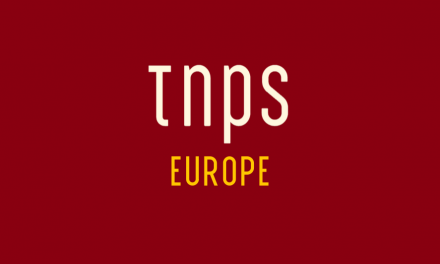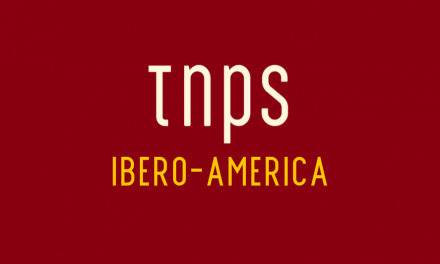Virtual means reaching new audiences hitherto disenfranchised by the old if-you-can’t-be-there-you-can’t be-part-of-it analogue book fair model that evolved in a century when online was a place where you hung your washing out to dry.
While many book fair organisers are unwilling to embrace a digital option as the Pandemic continues to ravage the planet, others play the risky game of going ahead with in-person events despite uncertainties about how the plague will play out, and still others are adjusting to the New New Normal and working digital events to ensure publishers, authors and consumers don’t miss out.
Chile’s largest book fair, FIL Santiago (FILSA) is among the latter.
The Chilean Book Chamber this year shows the world how it can be done, with its own online platform. The Chilean Book Marketing Platform ProLibro, launched in January 2021, lets Chile’s publishers, bookstores and other industry parties promote and sell online, and is the platform for the 40th anniversary FILSA, which will run November 26 through December 12.
Last year FILSA went virtual for the first time, the organisers unlikely to even have been thinking they would need to do so again a year later.
But having addressed realities, and forming ProLibro on the back of the 2021 virtual fair, the Chilean Book Chamber looks to be well prepared this year.
As TNPS said in December 2021, Chile’s FIL Santiago (Filsa) can potentially reach,
New audiences hitherto disenfranchised by the old if-you-can’t-be-there-you-can’t be-part-of-it analogue book fair model that evolved in a century when online was a place where you hung your washing out to dry.
The New New Normal will increasingly be hybrid events where in-person and digital options operate alongside one another, not against one another.
It’s sad that this year Chile’s Covid-19 predicament prevented the in-person element. Hopefully next year things will be different.
Elsewhere in the world while some in-person events have gone ahead with success, with Sharjah especially notable for attracting 1.9 million visitors this year –
– others have scraped through (Frankfurt notably – had it been scheduled a few months later it might not have happened at all, as Europe once again becomes the epicentre of the Pandemic) and still others (take a bow, London Book Fair) repeat last year’s flawed policy of not taking the Pandemic seriously, once again partying like it’s 2019.
For many book fair organisers the solution, as the Pandemic continues to defy attempts to contain it, might be as simple as scheduling summer events instead of autumn/winter fairs.





